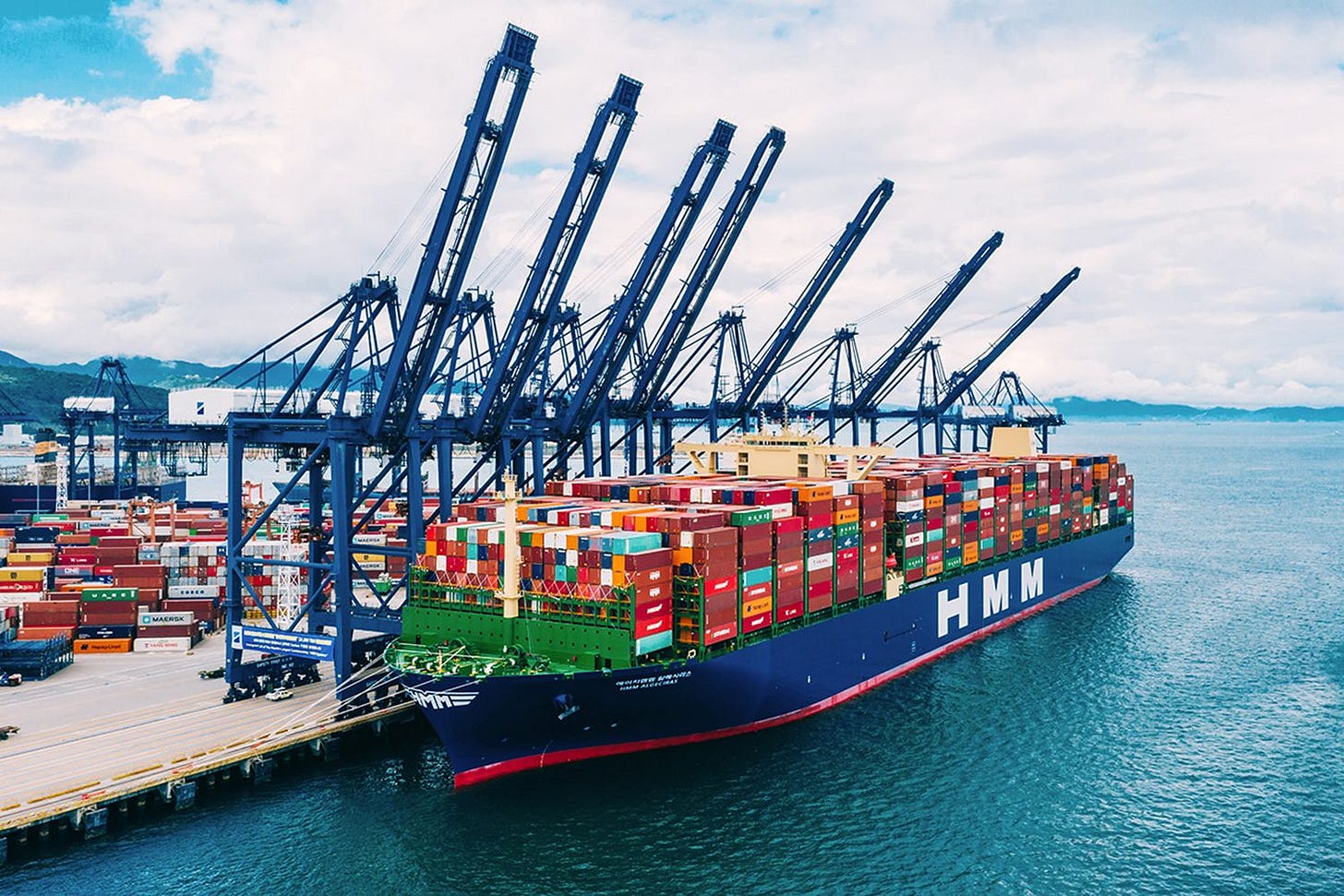The following is an excerpt from my book Promoting Progress: A Radical New Agenda to Create Abundance for All. You can order e-books at a discounted price on my website, or you can purchase for full price on Amazon.
You can read other articles on related topics, including:
Why developing nations are still poor:
What wealthy nations can do to help developing nations:
What wealthy nations can do to help developing nations (this article)
What developing nations can do to help themselves:
So far in this Substack column, I have mainly focused on wealthy nations that industrialized centuries ago. In this series, I will shift the focus to developing nations. These developing nations have often experienced at least some level of progress, but they would benefit from increasing the rate of progress.
This first part of the series focuses on what wealthy nations can do to help developing nations experience greater progress via long-term economic growth.
Keep Progress Going
The single most important thing that wealthy nations can do to help developing nations is to keep their own progress going. By that, I mean that wealthy nations need to first and foremost keep their long-term economic growth going.
Developing nations desperately need to scale up their export industries (the fourth Key to Progress). The easiest way to do so is to export to wealthy nations, for the simple reason that this is where the money is. The most viable means for developing nations to promote local progress is to gradually work their way up the value-added chain of export industries.
In future articles, I will explain how developing nations can do that, but for now I want to focus on the critical role that wealthy nations play in enabling that process. Since wealthy nations are by far their biggest export markets, developing nations desperately need economic growth in wealthy nations to continue.
In addition to providing export markets, the technological innovations, skills, and organizations created in wealthy nations can be highly beneficial to developing nations. Slower economic growth in wealthy nations would undermine the investment in technological innovation that indirectly benefits developing nations.
Most new innovations start out being too expensive for developing nations to afford to purchase. But sometimes this changes very fast.
For example, the invention of mobile phones has made it possible for developing nations to completely skip constructing what would otherwise be expensive hard-line phone networks. Better yet, they now have much cheaper and more useful mobile devices than the richest Westerners had in the 1980s. Medical and scientific advances also quickly diffuse from the wealthy nations that invent them to developing nations.
Another example is the internet. The internet has drastically lowered the barriers to information and skills that wealthy nations have and developing nations need. A poor person who cannot afford to buy a book can stop by an internet café and have access to an amazing amount of information. In fact, the total amount of information that is accessible on the internet now dwarfs anything that the richest person had in 1990.
Electric cars and batteries are being rapidly improved and getting more affordable in wealthy nations. It seems likely that, as they get cheaper, those transportation devices will diffuse through the developing world as well.
Some people think that economic growth in wealthy nations comes at the expense of poor people in the developing world, but nothing could be further from the truth. If wealthy nations want to help developing nations, then they must maintain their current progress above all else.
The second essential method for assisting developing nations is to maintain the current global trade system. This system rests upon economic, diplomatic, and military foundations that only the United States can provide.
The above was an excerpt from my book Promoting Progress: A Radical New Agenda to Create Abundance for All. You can order e-books at a discounted price on my website, or you can purchase for full price on Amazon.
You can read other articles on related topics, including:
Why developing nations are still poor:
What wealthy nations can do to help developing nations:
What wealthy nations can do to help developing nations (this article)
What developing nations can do to help themselves:









Apologies, I can see I have taken you out of context. I just believe there are many issues within developing nations that need to be addressed before wealthy nations growth becomes a preponderant factor. For example, finding a way to bolster domestic demand. But yes, I agree wealthy nations continued growth is important for developing nations. I have been following the series, I’m a big fan and have learned a lot from reading the articles. I loved the “medieval European cities” and the one on farming in ancient Greece & Rome.
I think we are on the cusp of a super affordable “Model T” for EVs that is going to take Africa by storm.
Battery level costs of LFP batteries are ~$100 per kWh. A small EV needs about 48 kWh to get 200 miles of range, so a battery will cost $4,800. Combine this with new cheap (<$1,000) permanent magnet motors that use no rare earths, a bare-bones EV could be produced in mass for under $15,000.
Super long-lasting, super reliable, cheaply “fueled” there is some real potential there.